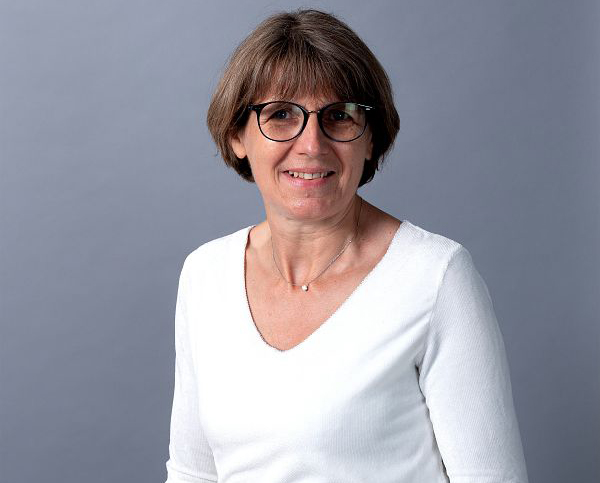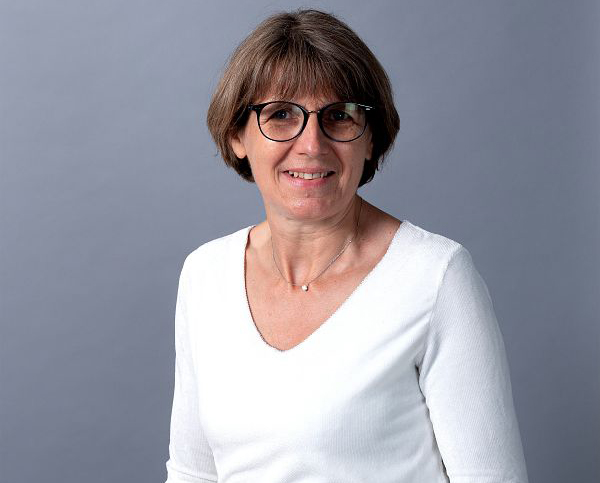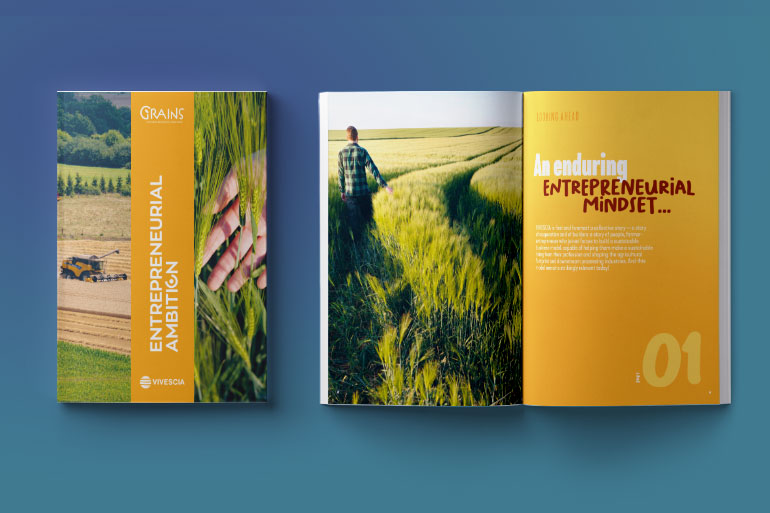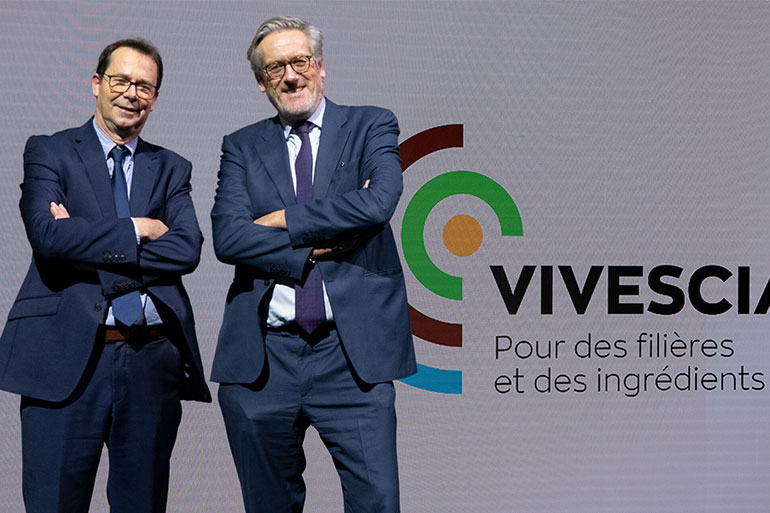A conversation with Savine Oustrain, VIVESCIA Agriculture's Director of Research and Innovation


To invent the future of farming, to develop large-scale sustainable agriculture, and improve farmers' economic and environmental efficiency, VIVESCIA Agriculture uses all the tools agronomy has to offer: Bio-inputs, soil conservation farming, precision farming, connected farming… We ask VIVESCIA Agriculture's Director of Research and Innovation, Savine Oustrain, to shed some light on these terms.
What is agronomy? And how does it help in sustainable farming?
Agronomy is the science and technology of farming. VIVESCIA's agronomists' role is to find innovative solutions and the best crop management techniques to provide concrete support to farmers to help them move towards sustainable farming methods. These solutions can be from genetics, alternative methods, from plant chemistry like bio-inputs, and new farming practices like conservation farming. It can also involve the evaluation, selection, and utilisation of new mechanical or digital tools, for example, to evaluate when, where and what to spray, and in what doses. So, agronomy is one of the most important elements of sustainable farming
What are the main challenges of agronomy?
In terms of urgency, nowadays, one of agronomy’s main challenges is probably reducing the use of inputs while maintaining yields and quality. This means choosing the best species, the best varieties, or those that best meet consumer demand. It also means continuing to work on and experiment with bio-inputs, to make them as effective as chemical inputs on large-scale crops. We must continue to innovate in order to recommend the crop management techniques that are best suited to each farmer.
What does agronomy mean at VIVESCIA?
The agronomy team boasts a wealth of complimentary talent: Specialist agronomists who all have their own area of expertise (varieties, fertilisation, etc.), experimenters who conduct trials in real conditions in test fields, and generalist agronomists who disseminate agronomic techniques to local teams and provide support to farmers throughout VIVESCIA's territory. These generalists are also our lookouts on the ground: they inform us of local or specific issues on certain species so that the specialist agronomists can develop appropriate solutions as quickly as possible. Experimentation, observation in the field, consulting, monitoring… In fact, agronomy mostly takes place in the field!
"Sustainable farming is a bit like a staircase. Some people are on the first step while others are halfway up. Meanwhile, some are almost at the top of the stairs. The challenge is to encourage all farmers to gradually climb the stairs and progress." Savine Oustrain
Savine Oustrain
Are farmers the only beneficiaries of VIVESCIA's agronomic services?
VIVESCIA's member-farmers are, of course, our primary target. But we also work regularly with the Group's food-processing customers. The aim is to provide them with a high-quality product that meets the consumer's expectations. For example, the agronomy team is involved in developing product specifications with customers and checking that the region's farmers are capable of supplying the crops requested in accordance with the specifications laid out in certain contracts. That's the case, for example, of the Préférence partnership with Nestlé, LU Harmony, and the supply contracts we have with the pea industry. We also liaise with the public authorities, for whom we conduct observations.
What do you do for the public authorities?
We contribute to the Bulletins de Santé Végétal (food safety report) published by the regional authorities. Once all species have been planted in May, our teams conduct weekly observations on approximately 600 plots every Monday, more than 80 of which are used for these reports. These observations allow us to identify issues when they appear, and to ensure a very quick turnaround in terms of advice and specific solutions for farmers. And of course, we are in constant contact with various technical institutes: we regularly share information with them on the results of the trials we are conducting. Agronomy is willingly collaborative in order to collect as much data as possible! It is in the public interest…
Agronomy is working for sustainable farming. Is it accessible to all farmers?
Agronomic trials and experiments are costly. The results of our work – our agronomic advice and services — are available to all members. It is down to us to foster individual relationships to better understand everyone's needs, to evaluate their appetite for change, to provide every farmer with a solution that suits them, and to help them progress at their own pace. Sustainable farming is a bit like a staircase. Some people are on the first step while others are halfway up. Meanwhile, some are almost at the top of the stairs. The challenge is to encourage all farmers to gradually climb the stairs and progress. We don't want to leave anyone at the bottom!
-
27experimental agronomists
-
+80hectares of test and experimental plots
-
+15000annual observations each year, 600 plots growing and 12 different species
-
€600000that's €0.15 per tonne in funding for research into organic inputs by ARD





